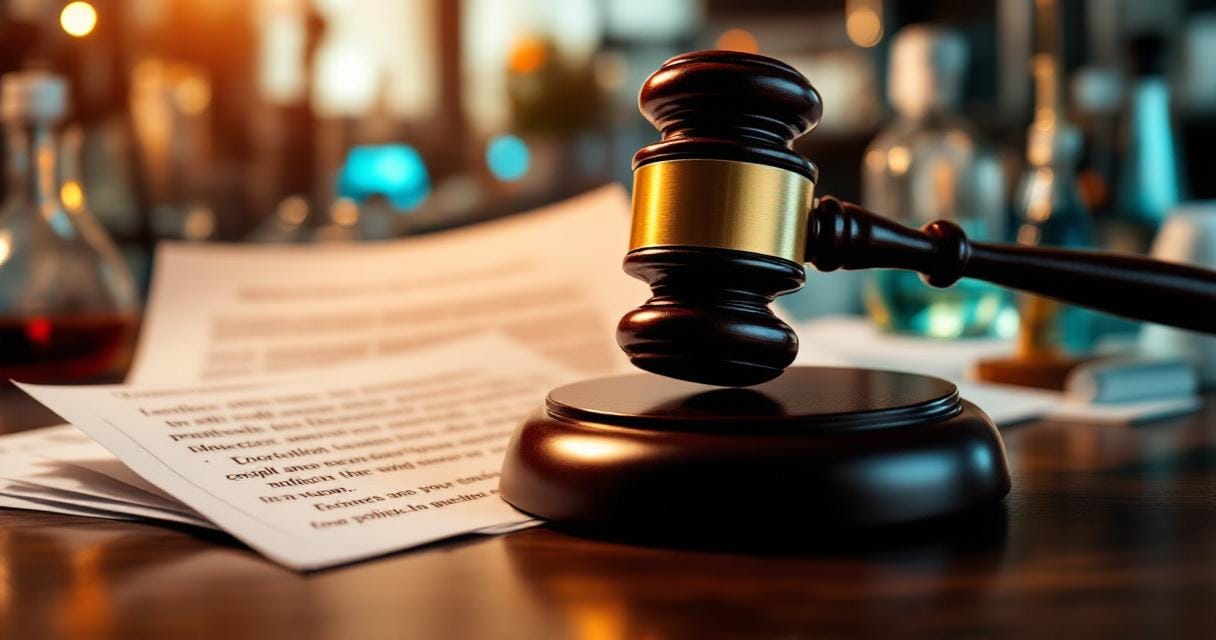Federal Judge Declares Trump Administration's NIH Grant Cuts "Appallingly Illegal" in Landmark Ruling
A federal judge has delivered a scathing rebuke of the Trump administration's decision to terminate critical National Institutes of Health (NIH) research grants, calling the actions "appallingly illegal" and ordering immediate restoration of funding. The ruling marks a significant victory for scientific integrity and could reshape how future administrations handle research funding decisions.
The Case That Shook the Scientific Community
In April 2020, the Trump administration abruptly terminated a $3.7 million NIH grant to EcoHealth Alliance, a nonprofit organization studying coronaviruses in bats to prevent future pandemics. The decision came amid political pressure and unfounded conspiracy theories about COVID-19's origins, despite the research being previously approved through rigorous peer review.
U.S. District Judge Emmett Sullivan didn't mince words in his 59-page ruling, stating that the grant termination violated federal regulations and constitutional due process rights. "The Court can only conclude that Defendants' actions were arbitrary, capricious, and contrary to law," Sullivan wrote, adding that the administration's conduct raised the question: "Have we no shame?"
A Pattern of Political Interference
The EcoHealth Alliance case represents just one example of what scientists describe as unprecedented political interference in research funding during the Trump era. According to data from the Union of Concerned Scientists, at least 47 instances of political interference in scientific research occurred between 2017 and 2021, affecting everything from climate science to public health studies.
Dr. Peter Daszak, president of EcoHealth Alliance, testified that the grant termination came without warning or scientific justification. "We were conducting critical research that could help prevent the next pandemic, and it was shut down for purely political reasons," Daszak stated in court documents.
The Judge's Scathing Critique
Judge Sullivan's ruling went beyond typical legal language, expressing moral outrage at the administration's actions. He noted that the defendants "utterly failed" to provide legitimate reasons for the termination and that their explanations "strain credulity."
The judge ordered the immediate reinstatement of the grant and mandated that NIH review any remaining funding applications from EcoHealth Alliance without political interference. He also required the agency to remove any negative marks from the organization's record related to the improper termination.
Implications for Scientific Independence
This ruling sets a crucial precedent for protecting scientific research from political manipulation. Legal experts suggest it could make it significantly harder for future administrations to terminate grants based on political considerations rather than scientific merit.
"This decision reinforces that science funding decisions must be based on peer review and scientific merit, not political whims," said Dr. Jennifer Miller, a bioethics professor at Yale University who filed an amicus brief in the case. "It's a firewall protecting the integrity of American research."
The Broader Impact on Pandemic Preparedness
The terminated research focused on identifying coronaviruses in wildlife that could potentially jump to humans—work that has gained renewed urgency following COVID-19. Scientists estimate that restoring this research could accelerate our understanding of pandemic risks by several years.
The grant had already produced significant findings, including identifying over 50 novel coronaviruses and developing predictive models for spillover events. Its termination left critical questions unanswered and potentially delayed pandemic prevention efforts.
Moving Forward: Protecting Scientific Integrity
The ruling comes as Congress considers legislation to further protect federal research from political interference. The Scientific Integrity Act, currently under review, would establish clearer guidelines for research funding decisions and create stronger whistleblower protections for scientists.
For the scientific community, Judge Sullivan's decision represents more than just a legal victory—it's a affirmation that evidence-based research must remain insulated from political pressures. As we face ongoing global health challenges, from COVID-19 variants to emerging diseases, maintaining the independence of scientific research has never been more critical.
The message is clear: when politics overrides science in matters of public health, we all pay the price. This ruling ensures that, at least in the federal courts, scientific integrity still has a powerful defender.
